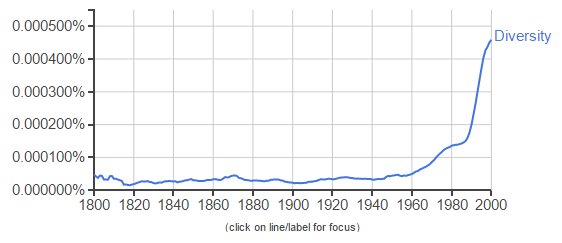The Curse Of Universalism
Kenan Malik has an interesting analysis of the diversity situation:
For Johann Gottfried Herder, the German philosopher who best articulated the Romantic notion of culture, what made each people – or “volk” – unique was its particular language, history and modes of living. The unique nature of each volk was expressed through its “volksgeist” – the unchanging spirit of a people refined through history.
…Those ideas became central to racial thinking – the notion of the volksgeist was transformed into the concept of racial make-up – and fuelled the belief that non-Western societies were “backward” because of their “backward” cultures.
Radicals challenging racism and colonialism rejected the Romantic view of culture, adopting instead a universalist perspective. From the struggle against slavery to the anti-colonial movements, the aim not to protect one’s own special culture but to create a more universal culture in which all could participate on equal terms.
You rarely see it spelled out so clearly: in order for non-Western societies to be comfortable, we must create a universal culture, which in turn requires obliterating all unique cultures.
That is the mission of diversity. Its goal is genocide, or destruction of culture and its genetic carrier, ethnic group/race. The Leftists will only be happy when no Western cultures or peoples exist. It would have been easier just to shoot all of us.
In doing so, of course, they’re making the same mistake that later colonialists did. You cannot assume that other groups are the same as you. The tendency is to say, “Well, behaviors can be learned,” and to some degree, that is true. But not to enough of a degree. The hardware is different and its interpretations of the same ideas vary wildly.
And so here we are again in the West, chasing an ancient and illusory dream in the name of the feelings of others. It would be less futile and self-destructive to attempt a second tower of Babel, but even that might not produce the good feelings of “we are all one” and “nothing is different between us but chance.”
Tags: colon-ialism, colonialism, diversity, universalism










